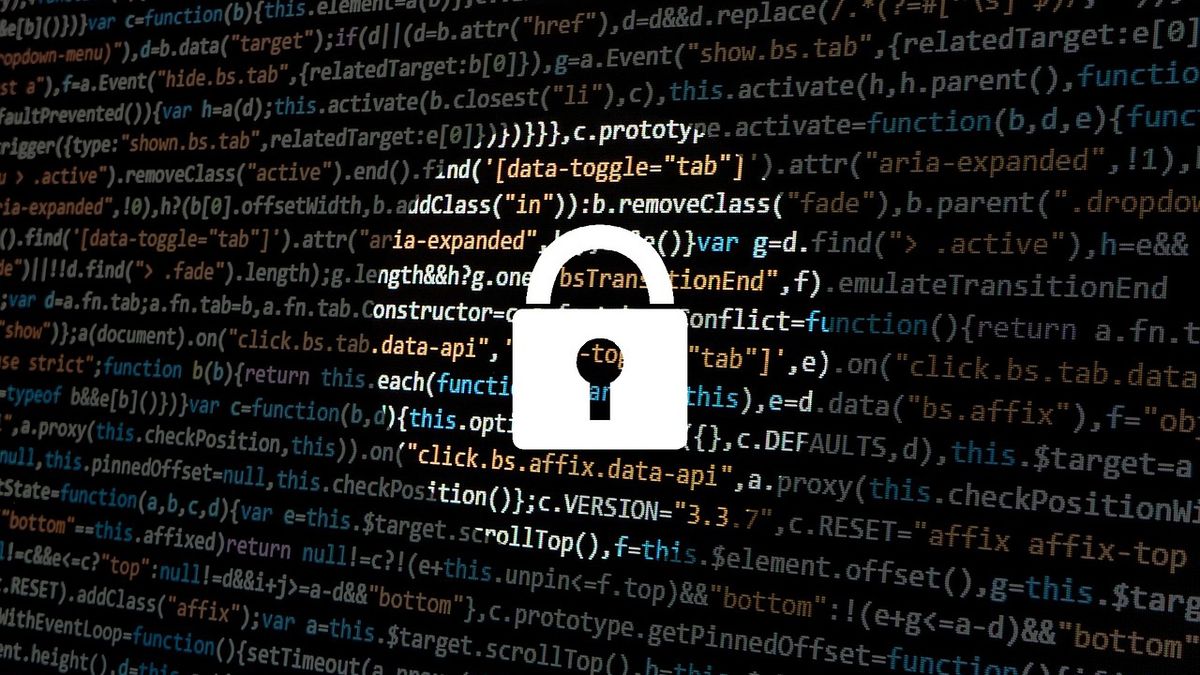Hacktivism highlights injustices but lacks the legitimacy of due process. When you purchase through links on our site, we may earn an affiliate commission. Here’s how it works. The past few weeks have shown us how digital landscapes shape our social, political, and economic lives. This has been using misinformation and disinformation to stir up and generate a real-world response.
![[Racks of servers inside a data center.]](https://vanilla.futurecdn.net/cyclingnews/media/img/missing-image.svg)
As a result of the digital world's impact, the rise of hacktivism has become an influential force in advocating for change and drawing attention to perceived injustices. Hacktivism, the use of hacking to promote political ends, often presents itself as a modern form of civil disobedience, challenging power structures and exposing wrongdoing.
![[Magnifying glass enlarging the word 'malware' in computer machine code]](https://vanilla.futurecdn.net/cyclingnews/media/img/missing-image.svg)
Examples of Hacktivism can be seen throughout the world including Belarusian cyber groups attempting to slow Russian troops in opposition of the ongoing war against Ukraine as well as during the Arab Spring where cyber groups granted access to information to citizens.
![[Ninja Double Stack Air Fryer on a purple background]](https://vanilla.futurecdn.net/cyclingnews/media/img/missing-image.svg)
However, despite its appeal and occasional successes, hacktivism cannot serve as a replacement for due process in a democratic society. Due process, with its foundations in legal standards and fair procedures, ensures that justice is administered impartially and equitably.
Cyber Security Consultant, CyberSmart. Although their aims can be well-intentioned, hacktivists often skirt around, or outright break laws designed to protect privacy, property, and security. These illegal activities often involve methods such as unauthorized access to systems and data breaches which violate laws and ethical standards.






















